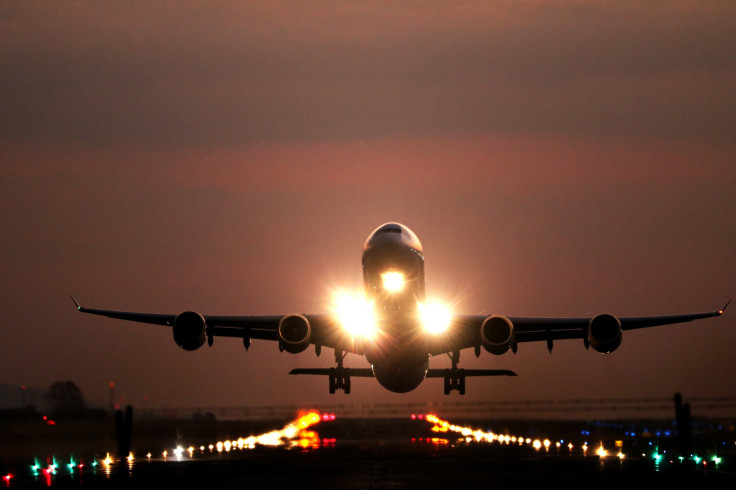
The incoming Donald Trump administration is looking to deport migrants to a series of third countries if theirs won't take them, according to a new report.
Turks and Caicos, the Bahamas, Panama and Grenada are part of the list, NBC News reported, quoting three sources familiar with the planning. Three of the four countries disclosed are insular ones, which would make it much harder for those deported to leave if they don't wish to stay. A spokeswoman for the Panamanian government said they don "respond to assumptions and rumors," while the other three countries did not respond to requests for comment.
It was not immediately clear whether the migrants would have the right to remain in the countries and work there. The plan seeks to address a salient sticking point in Trump's proposed "largest deportation operation in American history": countries that won't accept to take back deportees.
The plan mirrors one attempted by the Conservative Party in the United Kingdom, whose administration sought to relocate asylum seekers to Rwanda. The plan was put on hold several times and after the Labour Party's Keir Starmer won the 2024 general election the plan was shelved.
Venezuela, Cuba, and China are among the countries fitting the definition and the U.S. would likely have to negotiate concessions in exchange for them taking back large amounts of nationals. U.S. authorities are prevented by federal courts from detaining such nationals indefinitely, meaning many end up being released in the country even if a judge ordered their deportation.
It would not be the first time the Trump administration tries such an attempt. Migrants were sent to Guatemala in 2019 as part of an agreement aimed at accepting people from third countries seeking asylum in the U.S.
Under the policy, some migrants who requested asylum in the U.S. were put on a plane not knowing where they were going. The practice continued in early 2020 but on a comparatively small scale and stopped after the Covid-19 pandemic began.
The American Civil Liberties Union (ACLU) sued the Trump administration along with other pro-immigrant organizations, but the case is still pending in federal court.
Asked about the initiative, Trump-Vance transition spokeswoman Karoline Leavitt told NBC News that the president "was given a mandate by the American people to stop the invasion of illegal immigrants, secure the border, and deport dangerous criminals and terrorists that make our communities less safe." "He will deliver."
Trump also reportedly wants Mexico to take in nationals from third countries. The president-elect also wants the country to take non-Mexicans rejected at the border, something the Claudia Sheinbaum administration is doing, and is reportedly seeking for asylum seekers to stay there as well, even though the country has called that a "red line" in the past.
As Trump gets closer to taking office and with these news in mind, migrants seeking to reach the country are already making consequential decisions. While some are rushing to the border, others are already considering returning to their native countries.
A Reuters report takes a deep dive into many of these migrants' plight, including Nidia Montenegro, a 52-year-old Venezuelan migrant who is among those awaiting an appointment to cross legally. Fearing cartel violence in Mexico, she says she may return to Venezuela if she cannot secure an appointment before Trump's inauguration.
Her experience reflects the dangers migrants face, including kidnappings and extortion. Montenegro and two nephews were abducted upon arriving in Mexico but escaped after two days. Now confined to a shelter in Chiapas, she says she feels unsafe.
Some migrants consider returning to their home countries despite the political and economic crises that drove them to leave. The International Organization for Migration told Reuters that it has facilitated voluntary returns for several thousand migrants in recent years, though exact figures remain undisclosed. A Venezuelan official told the news outlet that 50 to 100 migrants voluntarily request to return each week from Mexico, citing cases of violence and exploitation.
© 2024 Latin Times. All rights reserved. Do not reproduce without permission.









